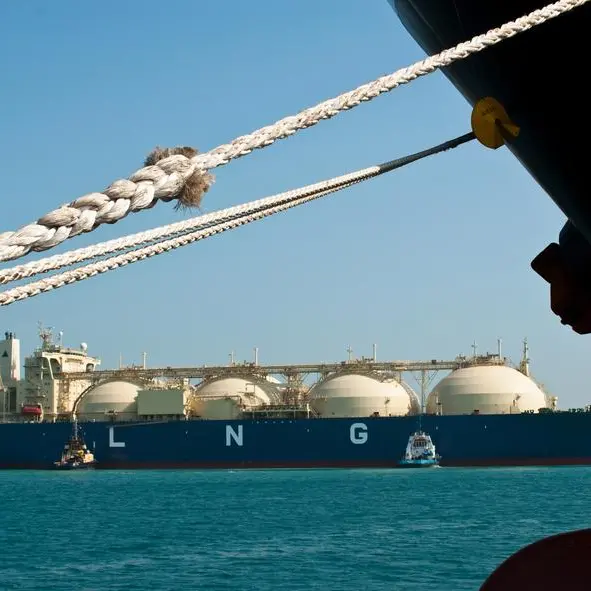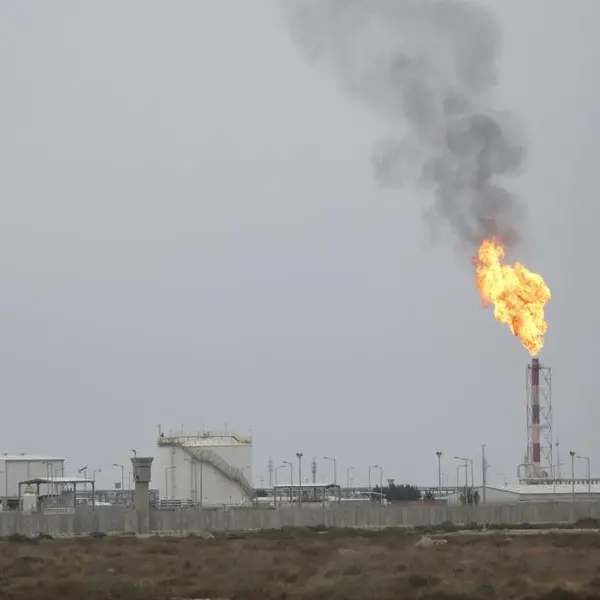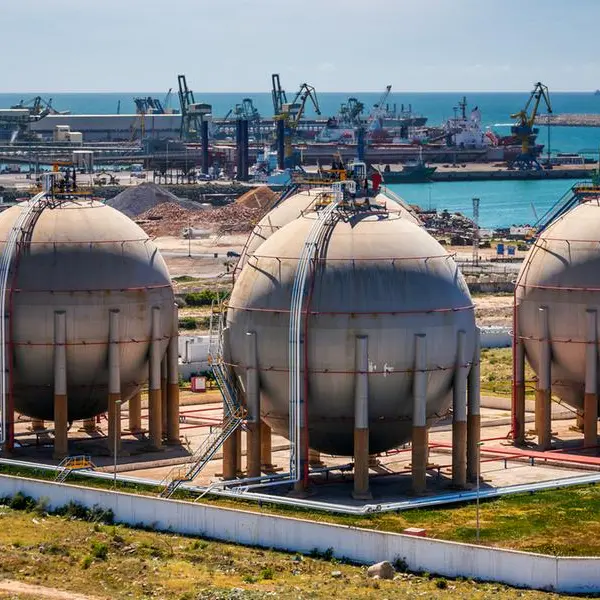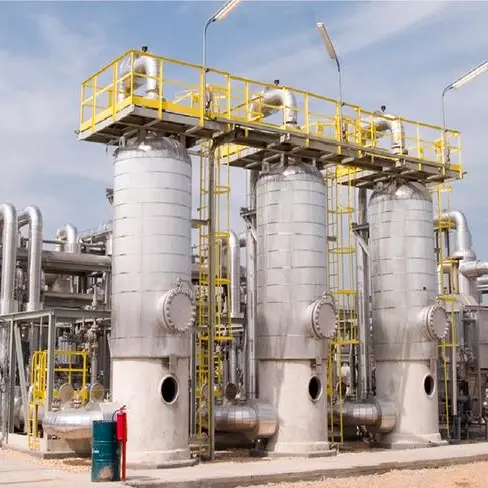PHOTO
High oil prices and ambitious economic diversification agendas of the GCC countries will help Islamic banks across the region to sustain strong business activity over the next 12-18 months, with their profitability continuing to exceed that of their conventional peers, analysts at Moody’s said.
‘’We expect the profitability of Shariah-compliant banks operating in the region to continue to exceed that of their conventional peers in 2024 due to margin advantage. Continued economic growth will keep GCC Islamic banks' asset quality stable while strong capital and liquidity will enable them to capitalise on the growing demand for Islamic financial services in the region,’’ said Badis Shubailat, analyst at Moody’s.
The ratings agency noted that economic growth across the Gulf region is accelerating in 2023 and will remain strong in 2024, driven by high oil prices, economic diversification plans, and supportive business confidence. “Governments' continued backing and promotion of the Islamic finance industry, growing demand for Shariah-compliant products across the GCC region, and ample funding will continue to drive faster growth for Islamic banking assets than conventional peers,” said Diane Soubra, associate analyst at Moody’s.
S&P Global Ratings said in a recent report that GCC contributed 92 per cent of the growth in Islamic banking assets, mostly led by Saudi Arabia and Kuwait. Driven by favourable dynamics in the GCC and a few other core markets, the size of the global Islamic finance industry is poised to cross the $3.0 trillion mark this year, growing by around 10 per cent after expanding at a similar pace in 2022, according to S&P.
The Moody’s report said that Saudi Arabia will retain its leadership in terms of market penetration, but potential for growth elsewhere remains high. The focus on retail financing by the GCC Islamic banks will continue to support asset quality. Moderate inflation levels across the region when compared to the rest of the world will also mitigate asset risks, it said.
Net profitability of GCC Islamic banks will exceed that of conventional peers. “We expect GCC Islamic banks to retain a net profit margin advantage over conventional banks in 2024 although this is converging, particularly in Saudi Arabia. The return on assets of GCC Islamic banks will remain solid because loss provisioning will remain in check,” Moody’s analysts wrote.
The region’s Islamic banks will have ample capital and liquidity to grow further, they said. “Strong capital and liquidity buffers will continue to allow Islamic banks in the GCC to capitalise on strong demand for Shariah-compliant financial services.”
Moody’s analysts noted that Islamic banks in the GCC navigated the pandemic with capital ratios far above regulatory requirements, on par with conventional lenders. At 14 per cent-15 per cent of risk-weighted assets on average, Common Equity Tier 1 capital will continue to shield GCC Islamic banks from unexpected losses. Their core capital position will likely remain stable as they retain more profits, and profit generation keeps pace with growth in asset financing.
“Core capital for Islamic banks is resilient under our low probability, high-stress scenario analysis, and is broadly at par with conventional peers. The sector's loss reserves built up to absorb expected losses from non-performing exposures continue to exceed the existing stock of problem financings — in Saudi Arabia, Kuwait, Qatar, Oman, and Bahrain — and provide an extra layer of protection to core equity which underpins capital strength,” they said.
Copyright © 2022 Khaleej Times. All Rights Reserved. Provided by SyndiGate Media Inc. (Syndigate.info).





















